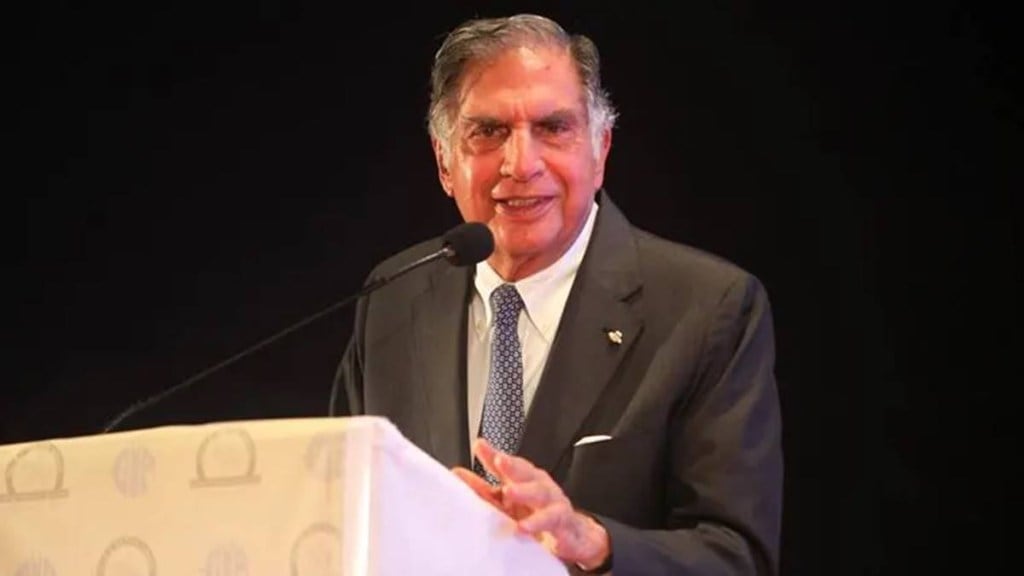Veteran industrialist Ratan Tata, the chairman emeritus of the Tata Group, passed away at the age of 86 at Mumbai’s Breach Candy Hospital. His remarkable legacy of ethical leadership, innovative business practices, and extensive philanthropic efforts will continue to inspire future generations. Here are some key facts about the life and accomplishments of this celebrated figure.
Early Life and Education
- Birth and Family Background: Ratan Tata was born on December 28, 1937, in Bombay, into the illustrious Tata family, one of India’s most iconic business dynasties. Following his parents’ separation when he was just 10, he was raised by his grandmother, who played a significant role in his upbringing.
- Academic Credentials: He pursued a degree in architecture from Cornell University, followed by a management program at Harvard Business School, which equipped him with the skills necessary for a successful career in business.
Career with Tata Group
- Entry into Tata Group: Ratan Tata joined the Tata Group in 1961, starting at the grassroots level. His initial role involved working on the shop floor of Tata Steel in Jamshedpur, providing him with invaluable hands-on experience.
- Chairmanship: He became the Chairman of Tata Group in 1991. Under his leadership, the conglomerate underwent a significant transformation, expanding its global footprint and diversifying into various industries.
- Global Acquisitions: Tata’s bold and visionary business strategy led to landmark acquisitions, including Tetley (UK), Corus (UK), and Jaguar Land Rover (UK), solidifying the Tata Group’s reputation on the international stage.
- Telecom Innovations: In 1996, he recognized the potential in the telecommunications sector and launched Tata Teleservices, marking the group’s entry into a rapidly growing industry.
Milestones in Automotive and Beyond
- Tata Indica: In 1998, under Ratan Tata’s leadership, Tata Motors launched the Tata Indica, a significant milestone in India’s automotive history. This was the first indigenously designed passenger car, revolutionizing the automotive landscape in India.
- VSNL Acquisition: The acquisition of VSNL (Videsh Sanchar Nigam Limited) in 2002 paved the way for Tata Communications, further enhancing the group’s capabilities in the telecommunications sector.
- Tata Nano: In 2008, Ratan Tata’s vision of making cars affordable for the masses came to fruition with the launch of the Tata Nano, famously priced at just Rs 1 lakh. This engineering marvel aimed to make car ownership accessible to many Indian families.
- Starbucks Partnership: In 2012, Tata Global Beverages formed a partnership with Starbucks, significantly expanding its reach in the global coffee market.
Philanthropy and Awards
- Philanthropic Endeavours: Ratan Tata was deeply committed to social welfare, directing about 65% of Tata Group’s profits to charitable trusts focused on education, healthcare, and rural development. His philanthropic initiatives significantly impacted countless lives across India.
- Retirement and Continued Influence: Although he retired as Chairman of Tata Sons in December 2012, Ratan Tata remained actively involved with the group and its philanthropic initiatives, continuing to guide and inspire.
- Awards and Recognition: His contributions to business and society earned him numerous accolades, including the Padma Bhushan in 2000 and the Padma Vibhushan in 2008, two of India’s highest civilian honours.







